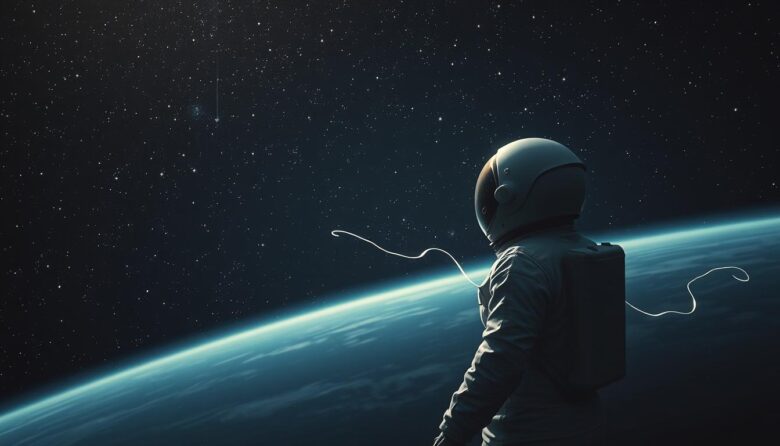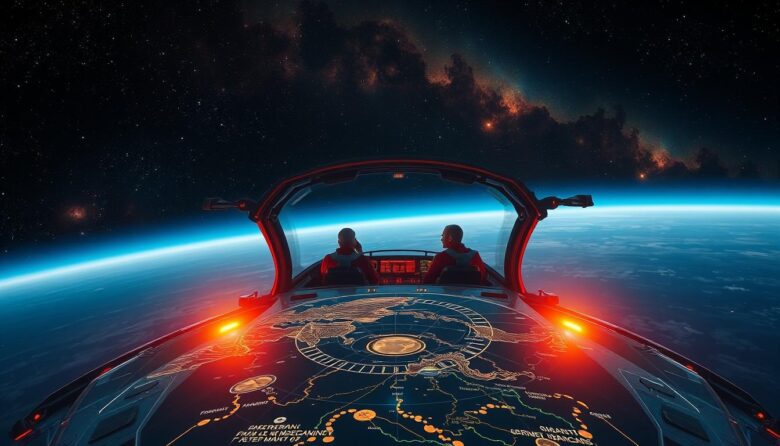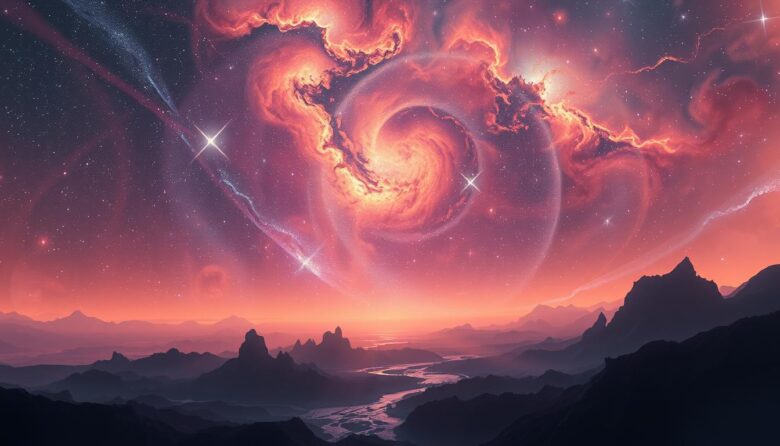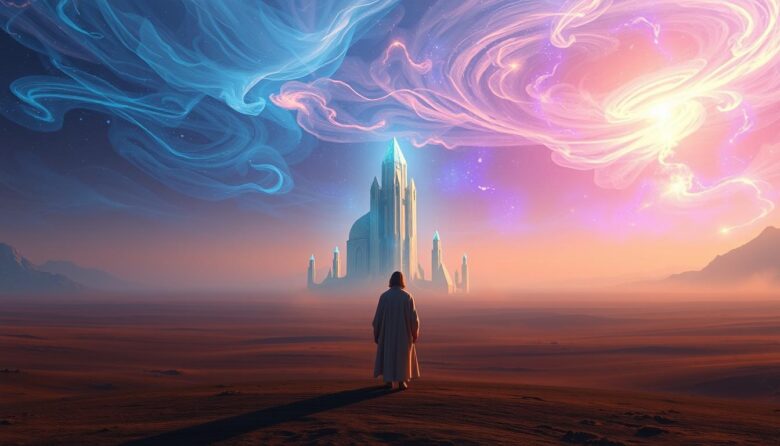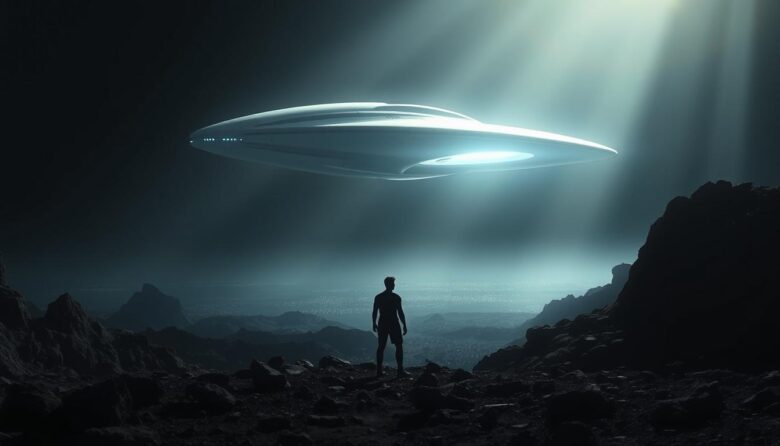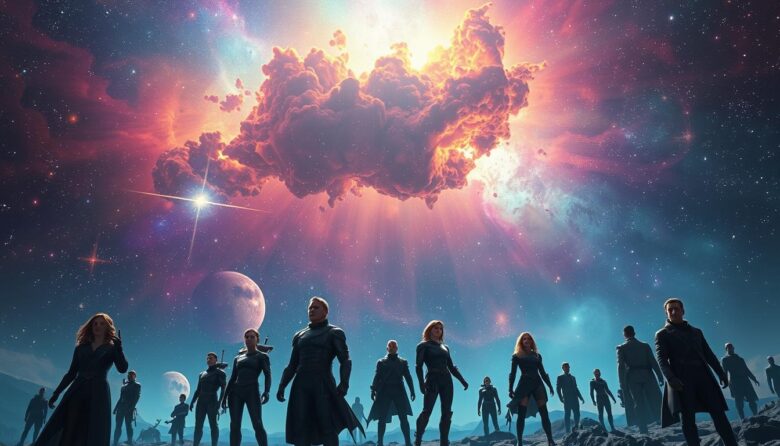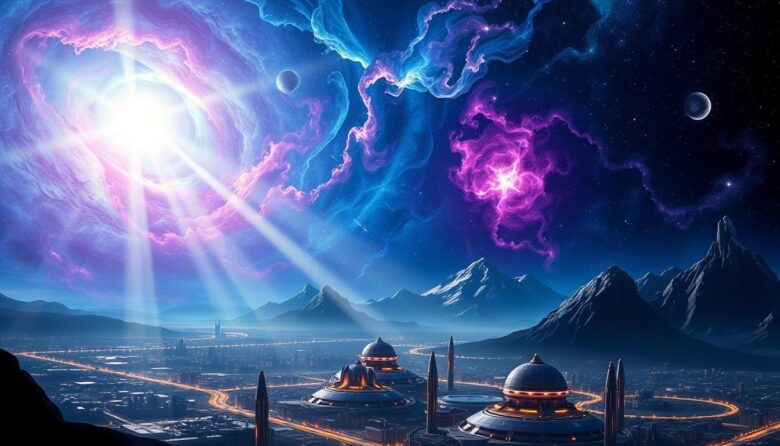There’s a moment when you stand in front of a painting or hear a song. Something inside you shifts. You stop thinking about your to-do list. Your breath slows, and your shoulders relax. It’s not magic, but it feels like it. Art has this power. It meets you where words can’t. Art has been healing …
In science fiction, music and soundscapes tell cosmic stories. They fill empty space with tales and connect us to worlds beyond Earth. Every note and noise in films and shows lets us feel the universe’s vastness and hidden memories. Sci-fi sound design links human emotions with futuristic themes. Sounds like a spaceship’s hum or a …
Sci-fi stories often take us to far-off planets or futuristic worlds. But their real power is closer to home. Tales like Interstellar or Blade Runner show how space or time adventures can mirror our own struggles and growth. These stories aren’t just escapes—they’re mirrors, reflecting the questions we ask ourselves every day. When stories reflect …
Les Johnson started as a NASA astronaut in 2004 and now writes about space travel. His book, A Traveler’s Guide to the Stars, shows humanity’s move from Earth to the stars. After flying on the Discovery shuttle at 17,500 mph in 2009, he now writes about traveling to other planets. His first mission covered 5.7 …
Ever woken up with a dream of walking on Mars or floating near Saturn’s rings? You might feel a strange comfort in those places. Scientists and artists are curious about why cosmic scenes evoke such deep emotions. When night visions feel like home, it’s not just our imagination. Our brains blend memories, fears, and hopes …
Science fiction often sparks our imagination with futuristic tech and alien worlds. But beneath the surface, stories like Dune or Blade Runner explore deeper questions. They ask about existence, morality, and human purpose. This genre isn’t just about lasers and aliens—it’s a mirror reflecting humanity’s search for meaning. Sci-fi’s most iconic tales ask: What does …
The night sky reflects our deepest emotions. Looking at stars or watching rockets soar, we feel both thrill and trepidation. This piece delves into how fear and fascination drive our quest for cosmic knowledge. From ancient myths to today’s science, these feelings fuel our endless search for answers about the universe. Key Takeaways The cosmos …
Imagine finding out something that changes your life forever. What if you learned you weren’t from Earth? This makes us think about who we are, where we belong, and the mysteries of the universe. Could you start doubting everything you thought you knew about your origins? Many people wonder about their roots. The idea of …
When we gaze up at the night sky, we often ask: Do we really belong here? The sparkle of distant stars makes us curious about other worlds. Stories of sci-fi characters, like E.T. or ’s heroes, show how alienation and exploration spark our imagination. What if life exists elsewhere? These questions mix wonder with a …
Sci-fi stories take us to distant planets and futuristic societies. But their real power is closer to home. They often reveal truths about our own struggles, hopes, and choices. Stories like Star Trek or Black Mirror explore real issues through alien worlds. They show us aspects of humanity we might overlook. This makes us see …


